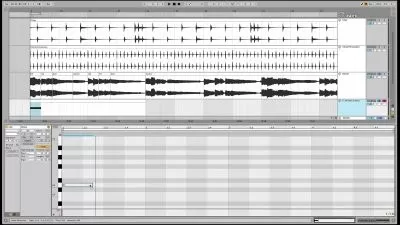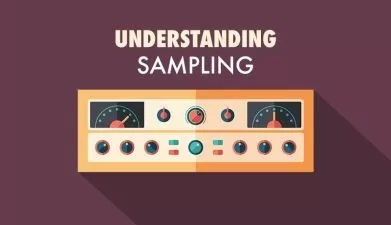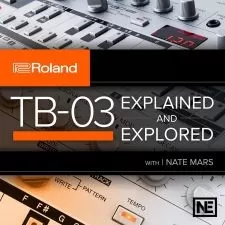About Music TheoryLearn More
Music theory encompasses a dizzying number of concepts: scales, intervals, rhythm, chords, chord progressions, steps, pitch, and harmonics - just to name a few. Music theory is especially important because, unlike other professions, there is no difference between theory and practice. That being said, learning basic theory is the best and most efficient way to spend your practice time. Take a music theory course online on Udemy and become a better musician no matter your skill level.
Sort by:
Sorting
The newest
Most visited
Course time
Subtitle
Filtering
Courses
Subtitle

The Great Courses


Robert Greenberg
Music as a Mirror of History 18:22:40
English subtitles
12/18/2023
Subtitle

Linkedin Learning


Cliff Goldmacher
31 Music Business Tips for Songwriters 28:18
English subtitles
11/13/2023

AskVideo


Adam Pollard
SAMPLE PACK CREATION 101 Designing and Marketing Sample Packs 1:37:34
09/14/2023
Books
Frequently asked questions about Music Theory
Music theory is the study of how music works. You can think of music theory as learning the “language” of music — analyzing concepts like melody, harmony, and rhythm is similar to studying parts of a language like nouns, verbs, and sentence structures. By learning music theory, you will better understand the possibilities of music — where conventional boundaries lie and what sorts of melodic and rhythmic combinations sound good to the ear. Music theory also helps you better appreciate listening to music. It gives you the tools to interpret elements like tempo, the form of a song, chords, key and time signatures, notes, scales, intervals, and dynamics.
The basic building blocks of music theory are harmony, melody, and rhythm. Harmony describes the blend of multiple, simultaneous notes. Different combinations of notes create different effects and feelings; consonant harmonies tend to sound pleasing, while dissonant harmonies introduce tension and can sound “unpleasant” — although many do this for an intentional effect. Melody describes a successive string of notes that form a musical phrase. This is the part of the song you would sing, and studying melodies requires understanding pitch and rhythm. Rhythm, the final building block, is the division of time into beats — notes and rests are then inserted over these beats to create movement.
If taken one element at a time and given the proper attention, music theory is a very achievable subject to understand. Like nearly all subjects, you can learn music theory to varying levels of complexity. Most of what a musician needs to know to gain a working knowledge of their instrument can be learned within several months. Music theory also contains more complex subjects like counterpoint and negative harmony, but you do not need to master these concepts to be an intermediate or even expert musician. Once you’ve learned the basic building blocks, you can pursue more challenging theory as you wish. There are also many different approaches to music theory, so you can understand it in a way that’s intuitive to you.
Yes, music theory is important for piano and guitar. In many cases, beginner musicians can pick up basic elements of music theory as they go. However, understanding the basics of music theory before starting on an instrument, or even as you are beginning to learn it, can greatly speed up the process of learning pieces of music. It also helps make music more intuitive, letting you grasp concepts like chord changes and melodic intervals with less effort. It’s an important part of learning to play by ear as well. This is the case for both piano and guitar. Note that piano is usually used as the reference instrument for music theory, so regardless of which instrument you are learning, you’ll probably use a piano keyboard from time to time to illustrate theory.




























